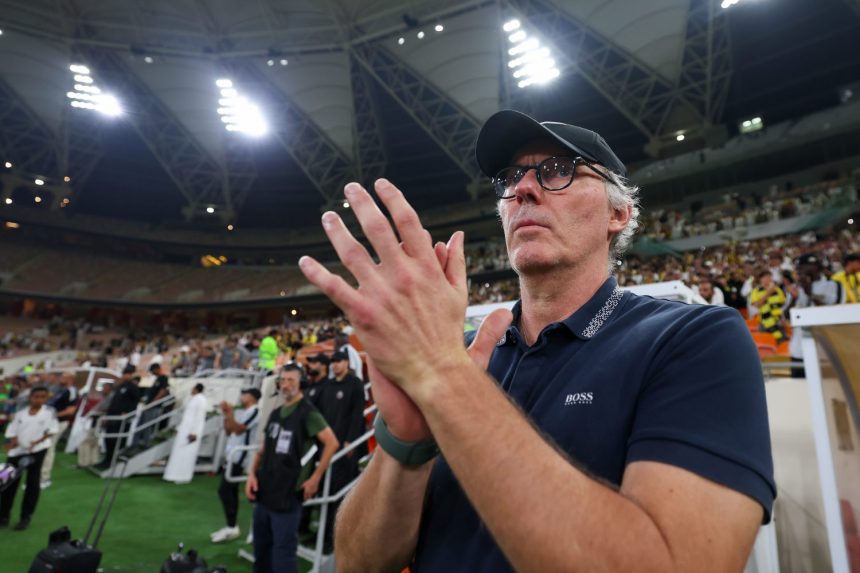Laurent Blanc, 59, former coach of Paris Saint-Germain, spoke to Sport magazine after the Parisian club’s historic victory in the 2025 Champions League. He looks back on the time when, contrary to expert opinion, he predicted this triumph. His optimistic vision sheds light on the progress made by PSG.
Blanc: “Everyone said PSG would never win it.”
“When I was there, the big goal was to win the Champions League, and everyone said PSG would never win it, that it wasn’t worth investing so much money. I had a completely opposite opinion. I told them, ‘No, I think you’re wrong.’
A lot of people, not just in the media, but also among football specialists, the so-called football experts, said they would never win the Champions League, that if they hadn’t won it with Messi, with Mbappé, with Neymar… I said they should keep investing because, sooner or later, they would win it. And that’s what happened.
Blanc: “Maybe they’ll win it again because they invest a lot.”
And maybe it’s not over yet. Maybe they’ll win it again because they invest a lot and hire great coaches.
He must be even more demanding with his players than he is with himself. Today, he also advocates a game based on possession, the desire to recover the ball, movement, and competition. That’s his vision of the game. I can only accept and share it. Plus, he’s courageous.”
Since 2011, the QSI (Qatar Sports Investments) era has shaped Paris Saint-Germain with billions of dollars, flashy signings, and bold European ambitions. However, the club has suffered repeated setbacks in the Champions League: eliminations in the quarterfinals or round of 16, legendary comebacks against Barcelona or Manchester United, and repeated fiascos despite its excessive ambitions.
Far from condemning the project, these failures have served as a learning experience: they have revealed management flaws, the mental fragility of the group, and the importance of building a true team culture that goes beyond individual star players. Over time, QSI corrected its mistakes: from managing the dressing room (fewer internal conflicts, more discipline) to changing its recruitment policy (more key players committed to the team), and even setting up a high-performance training center.
In the end, those years of repeated mistakes were not in vain: they forced Paris to question itself, to reinvent itself, to finally understand what it takes to conquer Europe and achieve glory, drawing on the maturity forged by defeat.

